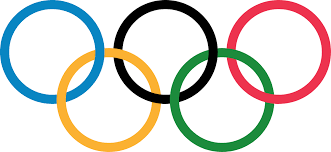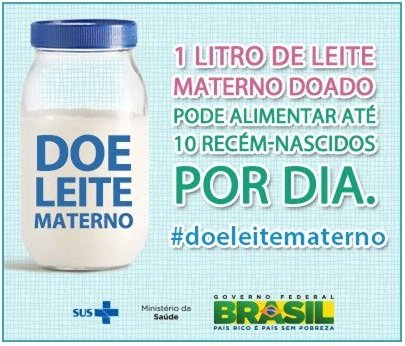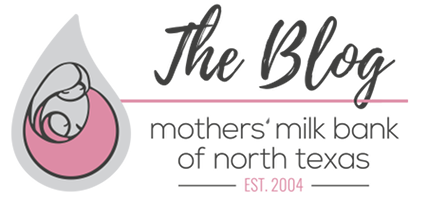Going for the Liquid Gold in Brazil
Wednesday, 8/10/2016
As the Summer Olympics are underway in Rio de Janiero, the world’s attention is turned to Brazil. While athletes compete for gold medals, others in the country are focused on liquid gold. Brazil has a strong milk banking network committed to serving the nation’s most needy infants.
There are 292 milk banks in the world, and 220 of them are in Brazil. The Brazilian Human Milk Banks Network launched in 1998 and since opening, it has served more than 2 million babies. Because the milk bank system is so widespread, services for donor moms are readily available.
Moms who are interested in donating can call a toll-free hotline or schedule a house call with a technician to learn how to pump their breastmilk, sterilize storage containers and store milk in their freezers.
When a donor mom is ready to make a donation, she calls to request a pickup. Her local milk bank’s pickup and delivery car will then go to her home to collect the donation and transport it safely back to the milk bank. In some cities, even firefighters and police officers are trained in milk transport.
Like it does at Mothers’ Milk Bank of North Texas and other North American milk banks, the donated milk goes through testing and pasteurization before it’s ready to be consumed.
Breastfeeding as a whole has become more popular in Brazil since the launch of the national milk banking system. In 1986, only 2 percent of Brazilian infants under 6 months were exclusively breastfed. In 2006, that number had increased to 39 percent. Child mortality rates in the country have also been positively affected, dropping 73 percent from 1990 to 2015.
While milk banking happens all over the world, the network in Brazil is one of the strongest. Awareness among moms and national organization and cooperation make it a great system for serving babies in need.
Brazilian advertisements from: http://www.saude.sc.gov.br/hijg/bancoleite.htm



